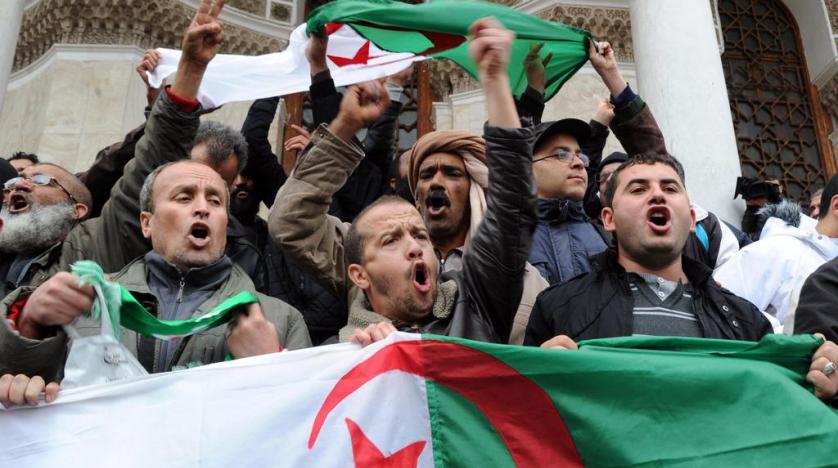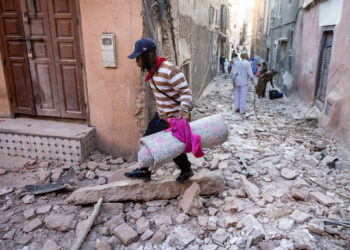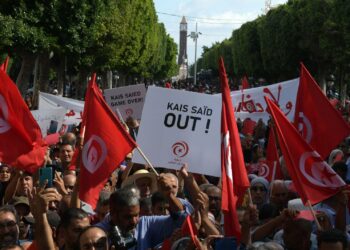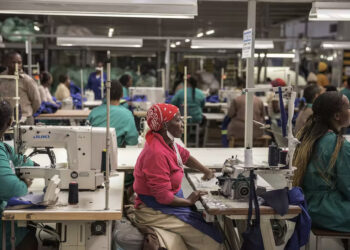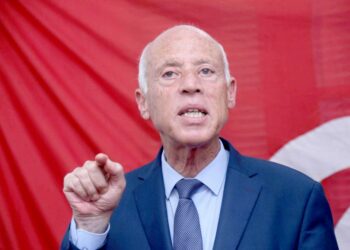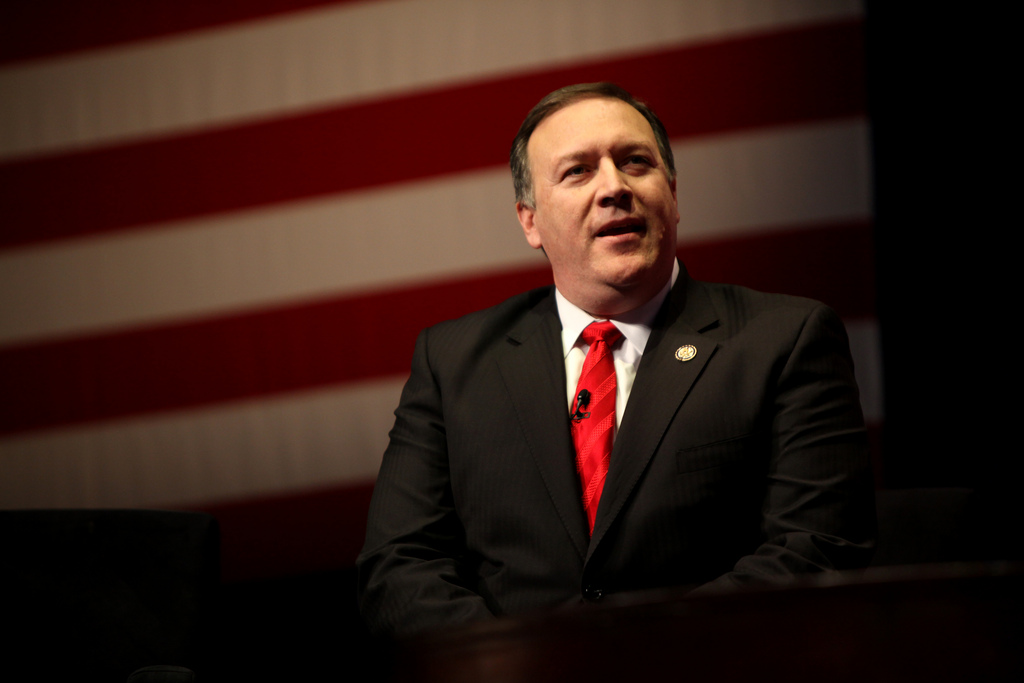In Algeria, people power has spoken. Six weeks of sustained protests in the country’s streets and squares succeeded in forcing the resignation of President Abdelaziz Bouteflika on April 2. Eighty-two years of age, for two decades Bouteflika was at the head of a ruling clique popularly known as le pouvoir (“the power”). After suffering a stroke in 2013, Bouteflika was physically weakened and largely absent from public view for the past seven years. Nevertheless, Algeria’s military, business, and political elites – that is, le pouvoir – found common cause in keeping him on as the country’s leader.
Algerian protestors have now set their sights on le pouvoir elites, vowing to stay in the streets until the entire power structure surrounding the deposed and incapacitated leader is overturned. Manifestos have emerged, and a transition plan endorsed by leftist, liberal, and Islamist parties has been put forward and seemingly won the approval of many of the protesters.
After 20 years in office, wide street protests force #Bouteflika to resign! Congratulations to #Algeria! This is a historic opportunity to promote human rights in the country. https://t.co/dpBbz3aR1l pic.twitter.com/CIlsET1qZF
— Phil Robertson (@Reaproy) April 9, 2019
What is the chance that a democratic transition in Algeria succeeds?
We cannot predict with any certainty what will happen in the coming months and years. We know, however, what has transpired over the past eight years in Algeria’s North African neighbors.
Arab Spring
The demands of Algerian protestors echo those made by their predecessors in other North African countries during the Arab Spring uprisings of 2010-2011: dignity, greater economic opportunities, political freedoms, and justice.
Like their Arab Spring predecessors, the Algerian protestors are largely leaderless, mobilized through social media and word-of-mouth networks. Because of this, in all of the Arab Spring countries, youthful demonstrators had a hard time translating their success on the streets into political movements that could challenge the entrenchment of old regime figures and the organizational prowess of Islamists.
Lessons from Algeria’s Neighbors

Tunisia is the one country where a democratic transition succeeded. But it succeeded only after a period fraught with a great deal of uncertainty, and democratic institutions in Tunisia remain fragile.
In Morocco, the ruling monarchy survived the Arab Spring intact after offering significant democratic concessions.
In Libya, an armed rebellion backed by NATO airstrikes succeeded in topping the regime of dictator Muammar Gaddafi, but a brief democratic opening soon devolved into chaos and fragmentation of the country.
In Egypt, a two-year experiment with democratic transition was usurped in June 2013 by a military coup, and the regime that rules in Cairo today is more repressive than its pre-Arab Spring predecessor.
Morocco’s Monarchy
Lacking a monarchy and the special legitimacy and national unity that royal leaders can draw upon, Algeria is certainly no Morocco.
The Moroccan monarchy also has managed to gradually implement impressive social and economic reforms over the past two decades and benefits from powerful external benefactors like the United States.
It is also a relatively open society and diverse economy with extensive linkages to Europe and the United States. Algeria, by contrast, has remained insular and its economy dependent on oil revenue for decades.
Libyan Experience
The Libyan experience offers a limited guide to what may happen in Algeria. Libya was in many ways the only true revolution of the Arab Spring in that the entire previous political order was overthrown, in large part because Gaddafi was that order.
The limited institutions that existed collapsed completely, which both complicated the transition in that various non-state actors, especially militias, stepped in to fill the void but also prevented an entrenched institution like the military from stepping in to undermine democratic gains. What has happened so far in Algeria is more a “decapitation” than a Libyan-like revolution. The Algerian army still runs the show.
If Libya does offer a cautionary tale for Algeria, it is in the inequalities and intense competition for control of resources that a hydrocarbon-based economy can engender.
Moreover, Libya’s ongoing chaos and the colonization of its ungoverned spaces by jihadist groups (a phenomenon which Algeria has also experienced) is likely to push some part of the Libyan public to support the apparent stability and security offered by military rule, as many of their brothers and sisters in Egypt did. The fighting that has erupted in Tripoli in recent days further reinforces for Algerians the dangers of state collapse.
Egypt’s Powerful Military
Egypt and its powerful military may offer the best parallel to Algeria’s power structures and their ability to sabotage democratic gains.
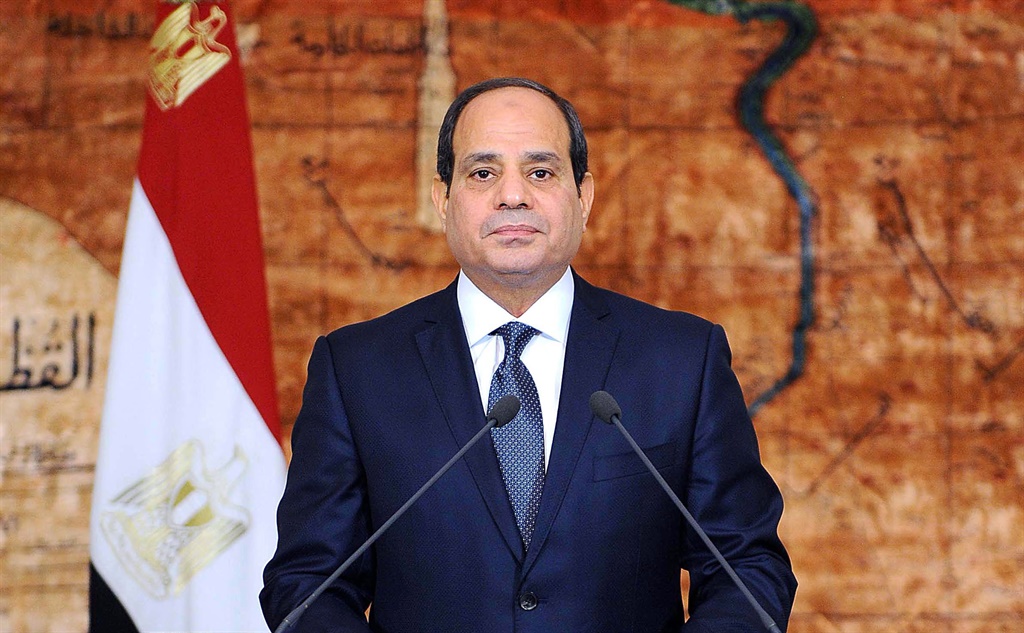
Like its Egyptian counterpart, the Algerian military is a powerful institution with deeply entrenched economic interests and networks. It has used appeals to revolutionary legitimacy and its historical role as a symbol of national identity to maintain its privileges.
Though it was the army that called on Bouteflika to leave in the face of pressure from the protestors, the military establishment will not give up its privileges without a fight, and could easily exploit a terrorist attack or any other signs of instability as an excuse to usurp a democratic transition. It did just that in 1992, precipitating an eight-year-long civil war. It was memories of that civil war that made Algerians more risk-averse at the time of the 2011 Arab Spring.
Tunisia’s Successful Transition
Maybe Tunisia’s successful democratic transition could be a precursor and perhaps even guide for a similar one in Algeria. However, Tunisia had many well-known advantages that Algeria lacks, including its small size, history of constitutionalism, and lack of a powerful military.
Yet, Tunisia’s successful transition also depends on leadership and choices that further the democratic project. At a critical moment, for example, Tunisia’s Islamists have opted for compromise with their secular opponents. A much-hailed National Dialogue of 2013 represented an inclusive approach that helped keep the democratic transition on track.
By contrast, political elites in Egypt also made choices that harmed the prospects for democracy there. For example, the Egyptian Muslim Brotherhood, hungry for access to power, made early deals with the army rather than reaching out to the liberal democratic opposition to form a common front against continues military rule. Likewise, in Algeria, what happens will depend on whether elites opt for inclusion and compromise rather than exclusion and revenge.
International Players
Finally, we cannot neglect the role of the international environment. Powerful external forces such as Russia and the Gulf states are likely to oppose genuine democratization in Algeria while backing their favorite faction, which is likely to be the military. This is also what happened in Egypt.
Meanwhile, European countries are primarily concerned with counterterrorism, access to Algeria’s oil, and controlling the flow of migrants. They are unlikely to be sources of external democratic leverage over an Algerian transition.
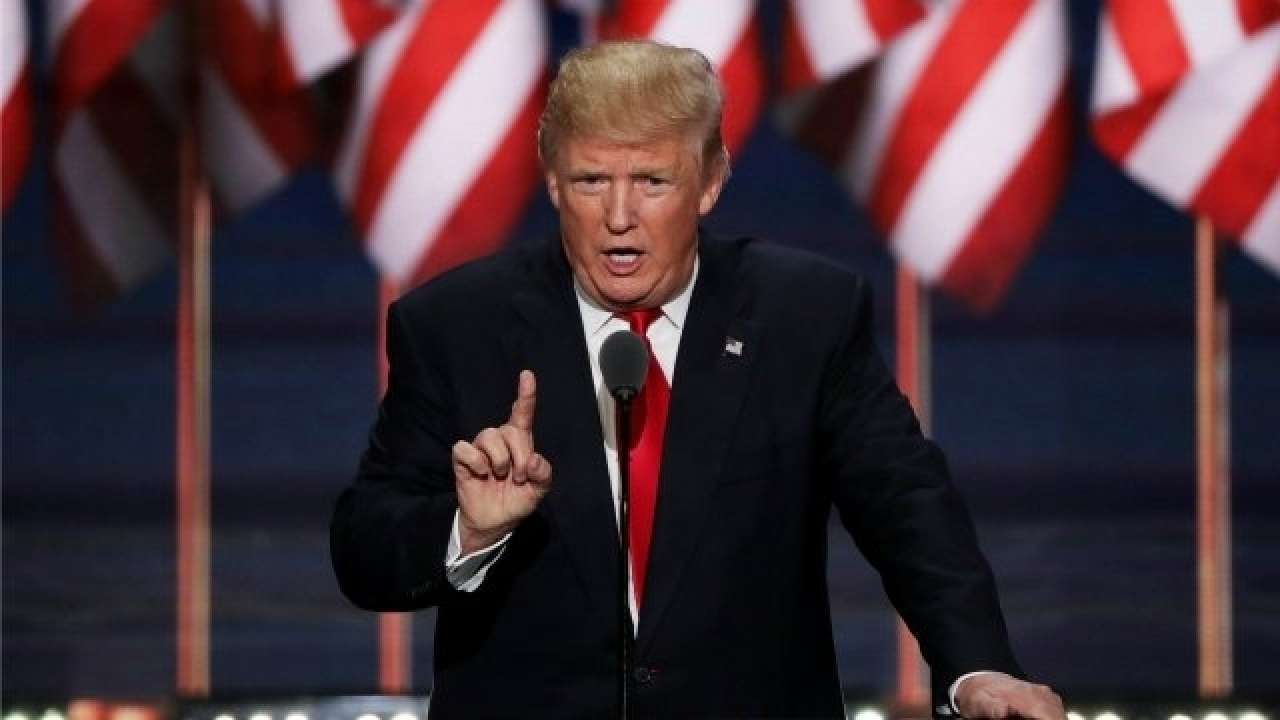
Under the Donald J. Trump administration, the United States is similarly unlikely to take an interest in Algeria beyond ensuring that counterterrorism cooperation remains in place.
Not that Algerians, for historical reasons sensitive to external meddling, would welcome much outside influence in any event.
Unacceptable Status Quo
Algerians want and deserve better than the autocracy of recent years or the violent conflict of the 1990s, but the experience of Algeria’s neighbors has reminded us that democratic transitions are inherently uncertain, unpredictable, and most certainly reversible.
Resurgent authoritarian actors and institutions can quickly undermine democratic progress. We know this not only from North Africa and the broader Arab world but indeed from the experience of many other countries that once seemed to be consolidated democracy: think Turkey or Hungary.
There is a lot of uncertainty ahead, but ordinary Algerians have made clear that the status quo is unacceptable.
Disclaimer: The views and opinions expressed here are those of the author and do not necessarily reflect the editorial position of The Globe Post.

